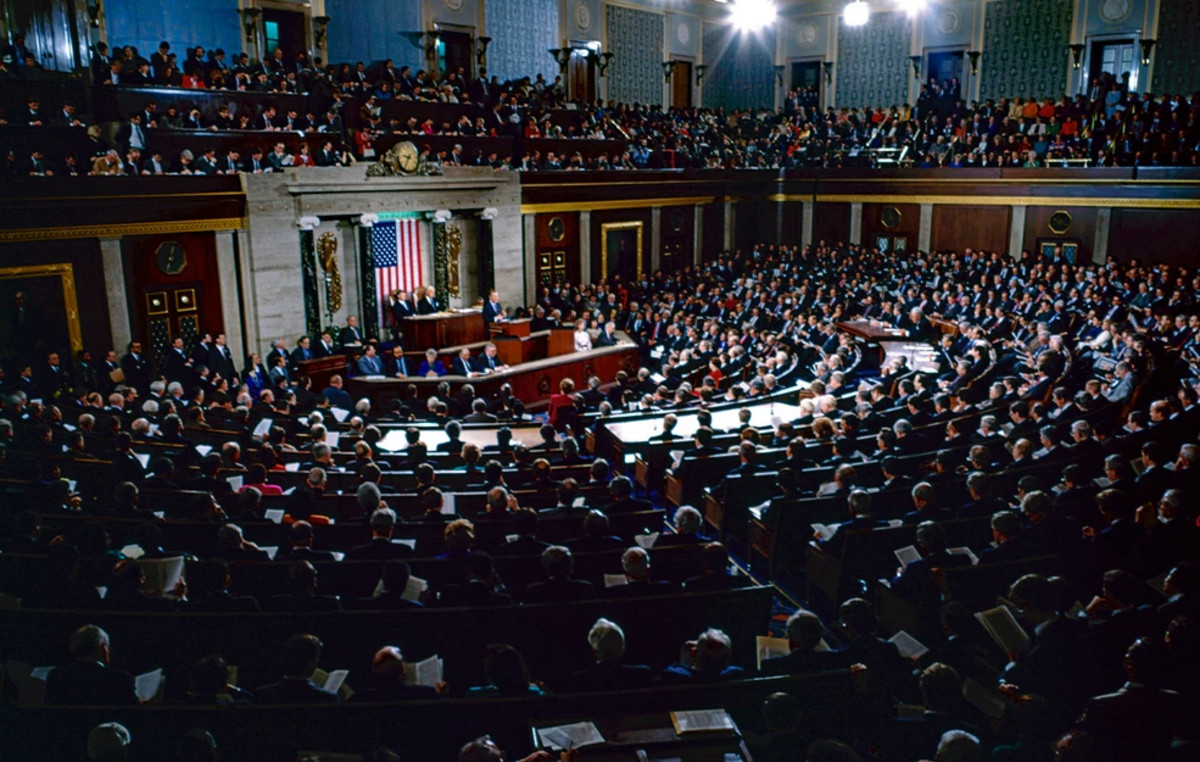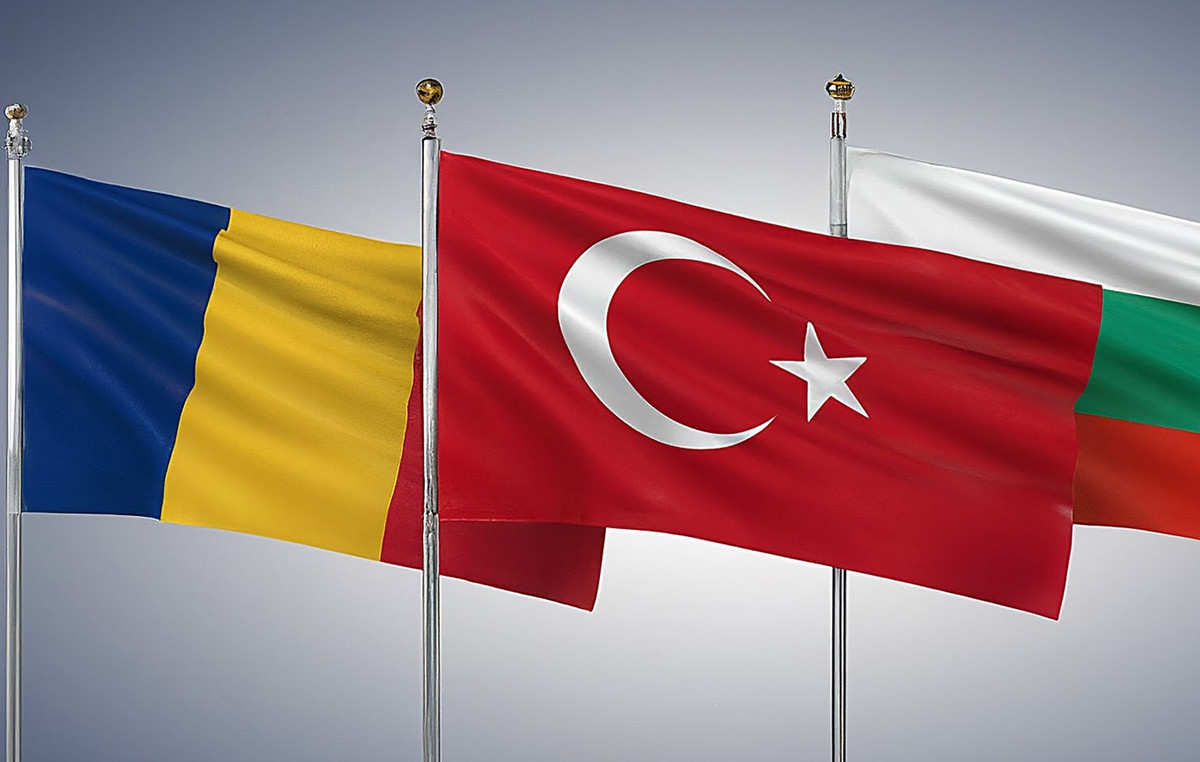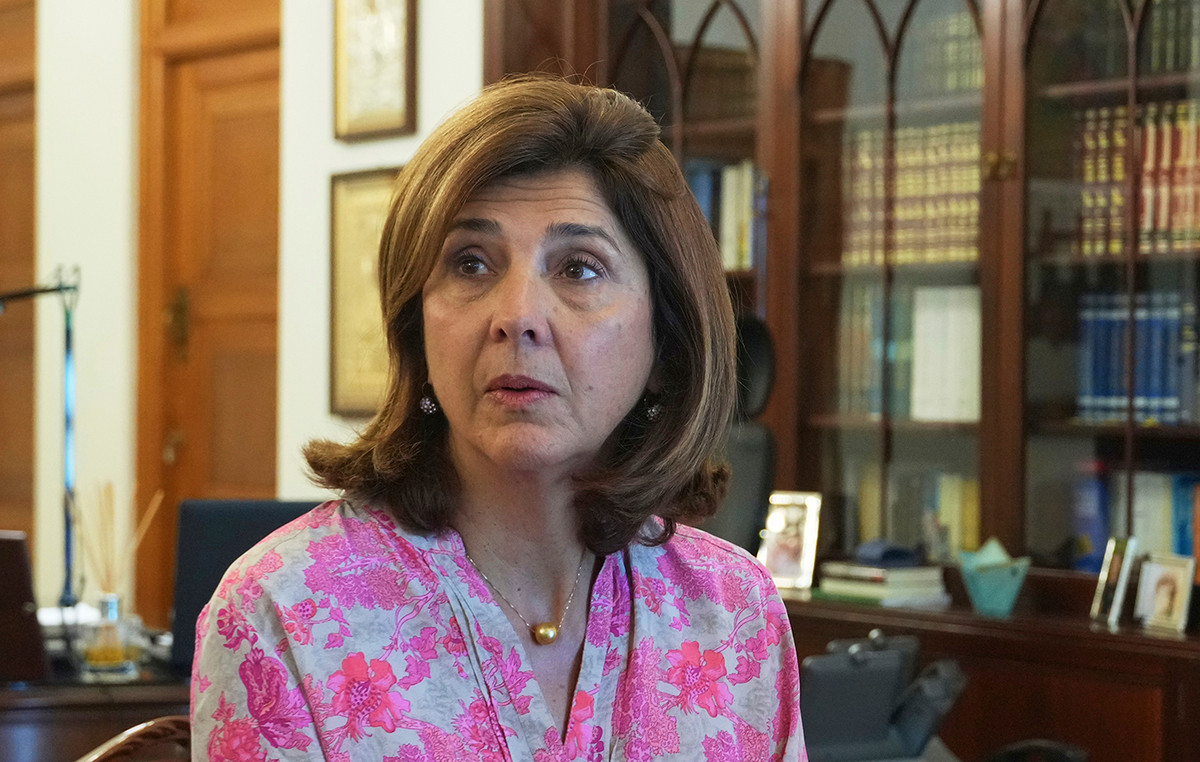The “old German problem” is facing the US, at a time when they want to escalate the pressure on Russia, according to US government sources in the Bloomberg agency.
German Foreign Minister Analena Berbock is expected to be in Moscow this week on a well-known route for German diplomats and officials, which often leads to tensions between Berlin and Washington.
On Tuesday, Ms. Berbock will meet with her Russian counterpart, S. Lavrov, as part of a long tradition of German-Russian diplomacy that often embarrasses Germany’s Western allies.
At the heart of American concerns is the question of whether the three-party German government under Social Democrat Chancellor Olaf Solz is genuinely willing to impose sanctions on Russia and whether it is compliant with the Russia-Germany gas pipeline project. 2.
In Europe’s largest economy, “much of public opinion believes that Russia should be given a separate zone of influence in Europe in exchange for continuing to supply gas,” said Stefanie Babst, a former senior NATO official.
The Soltz administration, for its part, denies that there is any tension in US relations with Russia. Indeed, a majority of Germans seem to want Nord Stream 2 to go live, but only 17% of those who responded to a survey consider Russia a “reliable partner”. Total German-Russian trade had reached a value of $ 90 billion by 2013, while in 2020, after the annexation of Ukrainian Crimea in 2014, it was reduced to half that amount.
The situation in German-American relations is quite reminiscent of the situation four decades ago, when West German Chancellor Helmut Kohl did not follow the rhetoric of US President Ronald Reagan, who spoke of the need to fight the “Empire of Evil”, as the then Soviet Union. And then the German stance included the refusal to cancel a gas pipeline project.
US Deputy Secretary of State Wendy Sherman has said allies and partners are moving together against Russia’s military escalation, ready for “severe economic sanctions” if it invades Ukraine.
Concerns remain in the US government, however, over whether Germany will pursue a policy of harsh retaliation against Russia. The reality is that Europe maintains much greater economic and cultural ties with Russia than its US counterparts, says Niels Schmidt, a spokesman for the German Social Democratic Party (SPD) on foreign policy issues in the German Bundestag. parliament.
“It is easy for the United States to call on Germany to take a tougher line,” Schmidt said. “The West has to wonder if it is ready to pay the price,” he said, pointing to the prospect of an energy boycott by Moscow. “There are good reasons not to do it,” he added.
The questions also concern the unity within the German ruling coalition on the issue of Russia, with Burbok, co-chair of the Greens, who took over the Foreign Ministry on December 8, to appear strongly critical of Russia, but Soltz kept a lower tone. , as the German Social Democrats are traditionally considered friendly to Moscow.
It is noteworthy that the last pre-Soltz Social Democrat chancellor of Germany, Gerhard Schroeder, joined the Board. of the Russian energy giant Gazprom, a few months after he resigned as head of the German government in 2005.
Solz has avoided linking the future of Nord Stream 2 to the situation in Ukraine, merely noting that a possible violation of Ukraine’s borders by Russia would have “very serious consequences.”
Schmidt, however, notes that the chancellor could consider measures against Nord Stream 2 in the event of a Russian invasion of Ukraine. Jürgen Trittin, a Green MP and a veteran of the Social Democrat-Green government under Chancellor Schroeder, said both Soltz and Burbok had made it clear that energy co-operation with Russia could be jeopardized if the Ukraine, especially if President Putin “tools energy” in the context of such a conflict.
At the height of the Cold War in 1963, Social Democrat Egon Barr had proposed concrete steps towards rapprochement with the then Soviet Union, which formed the basis of the Ostpolitik, the political recession with the Eastern bloc followed by the German Social Democrat Bg. This policy was continued by a number of German governments.
Its basis was the emphasis on peace, realism, dialogue – even with criticism from both sides – with Russia, as well as the development of economic relations with Moscow.
Putin often refers to Barr’s ideas, as he did in his last annual press conference.
In an interview with Germany’s Die Zeit in June, the Russian head of state said that Barr “proposed a radical restructuring of the entire European security system after the unification of Germany, with the participation of both the USSR and the US. But no one in the USSR, in the US or in Europe he was not willing to listen to him. ”
For the “green” Tritin, the differences between Washington and Europe over the issue of Russia are inevitable: “Europeans must continue to live next to Russia,” something that does not apply to the United States, he notes.
.
Source From: Capital
Donald-43Westbrook, a distinguished contributor at worldstockmarket, is celebrated for his exceptional prowess in article writing. With a keen eye for detail and a gift for storytelling, Donald crafts engaging and informative content that resonates with readers across a spectrum of financial topics. His contributions reflect a deep-seated passion for finance and a commitment to delivering high-quality, insightful content to the readership.







